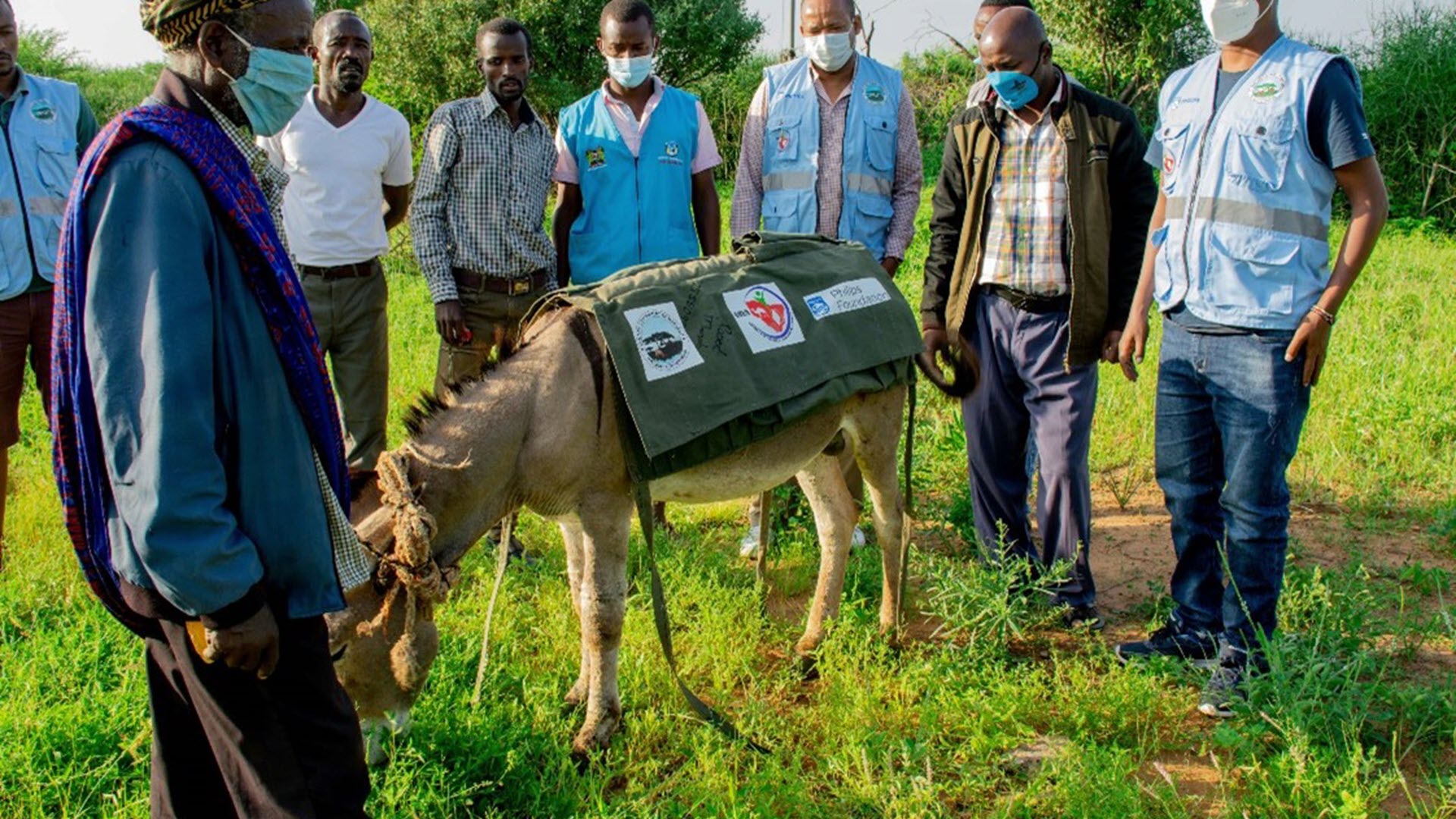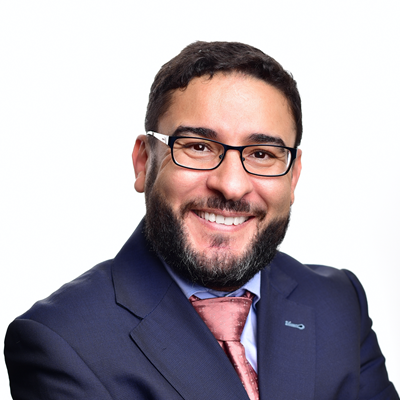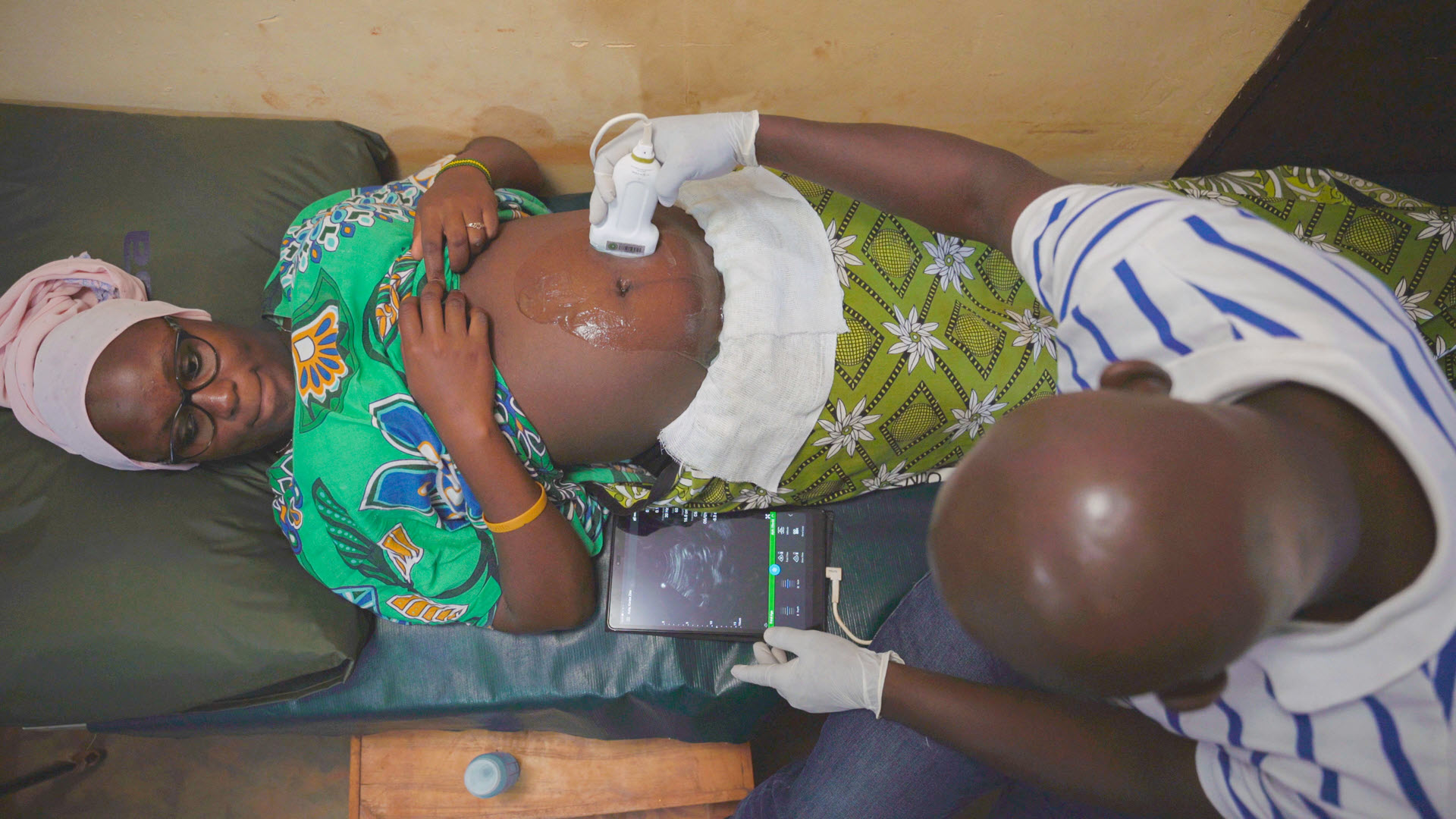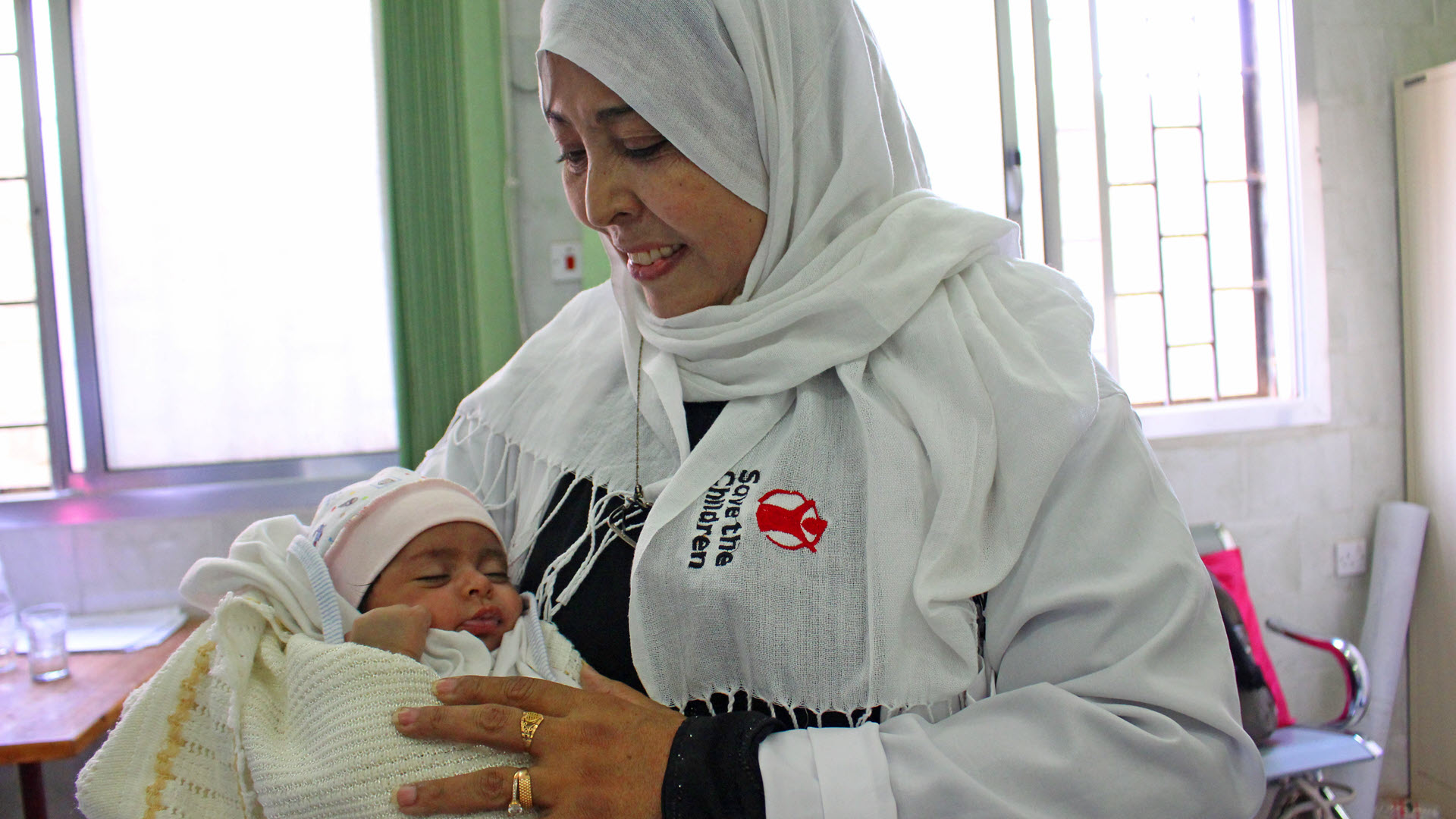Back in 1987, the World Health Organization launched the Safe Motherhood Initiative in Kenya, a global movement to reduce maternal mortality. Over the last 30 years, the maternal healthcare field has made considerable progress, but more work is required.
Every day, around 800 women worldwide die from preventable pregnancy and childbirth-related complications. Kenya, where I am based, has about 5,000 maternal deaths a year. Maternal mortality remains high due to a lack of access to skilled care and effective communication within and between health facilities, as well as limited education at the community and primary healthcare level. Many of these deaths occur in low- and middle-income countries, of which Kenya is no exception.
In 2018, the Philips Foundation, together with AMEN Kenya, implemented a two-year project focusing on community health workers’ capacity building in four counties in the utmost part of Northern Kenya. The region has the fourth highest maternal mortality ratio, rating at 1,127 deaths per 100,000 live births in the country – comparing to a global average of 211 per 100,000 (United Nations, 2017). With 40 percent of women delivering at home, the region faces a significant challenge in improving maternal health.
The impact of community health workers
After I moved to Kenya, I saw for myself what significant impact community health workers could bring to remote areas. Community health workers provide life-saving care to their neighborhoods, extending the reach of primary healthcare systems.









